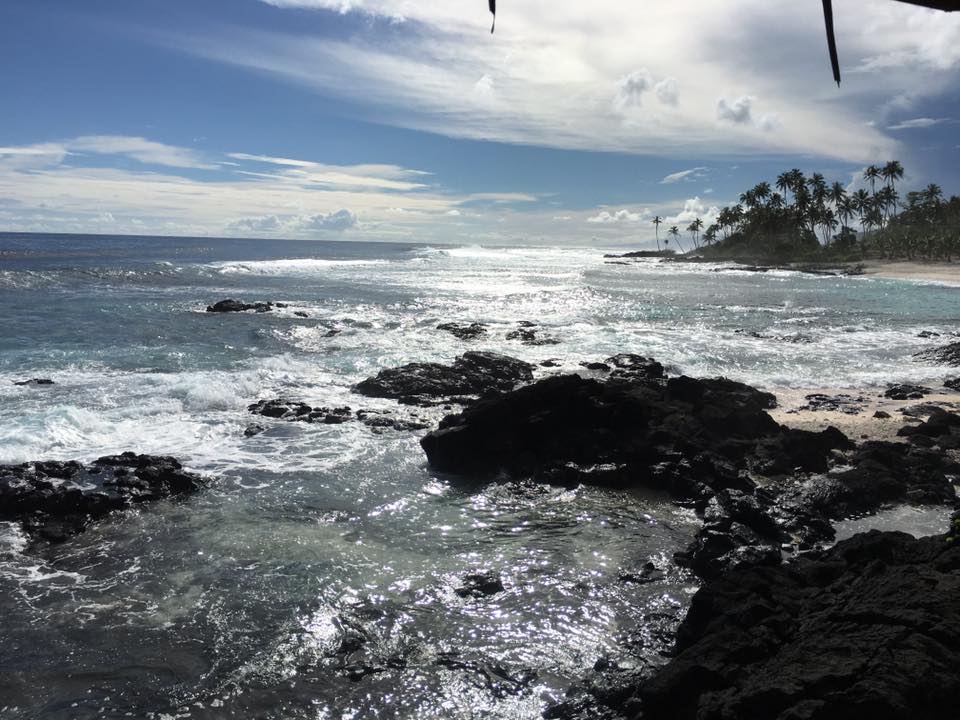
Snapshot of Suva life during COVID and climate-fuelled disaster from I4C PACIFIC Hub report reveals resilience among region’s youth
A pilot study conducted by I4C Pacific Hub into the economic and social impacts of COVID-19 and natural disasters like Cyclone Harold in the region’s urban centres has shown while the dual crises will have a dramatic impact on some young people’s future, many say that the events have sparked some positive factors.
The report was conducted using Talanoa or “storying”, an indigenous way of gathering information that can involve formal or informal conversation. Respect for all views is implied in Talanoa, as is the understanding that a purposeful discussion is taking place.
This locally informed method of gathering information, allowed participants to share intimate concerns and insights, by closing the gap between researcher and participant and allowing space for mutual sharing.
The report highlighted that “Pacific traditional knowledge systems focus on sustainability and building resilience against crises.”
The research included 45 youth, ranging from 16 to 28 years old. Only 13% of those surveyed said that their family has so far not lost their job or had their work hours reduced because of COVID-19 restrictions. Just 9% stated that they had not yet witnessed an increase in fear in their communities.
Interestingly, many participants were hopeful for the future, reflecting on how these crises have made people more adaptable and motivated them to think about alternative livelihoods. Traditional systems of barter have also been rediscovered.
The research study will soon be conducted in other cities in the region.